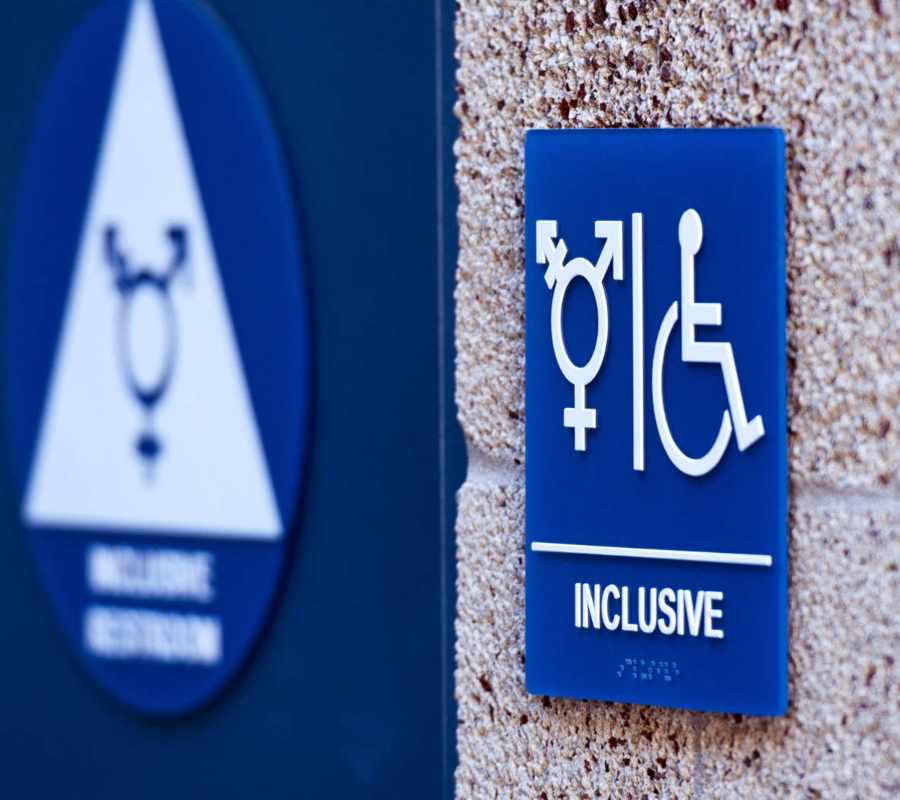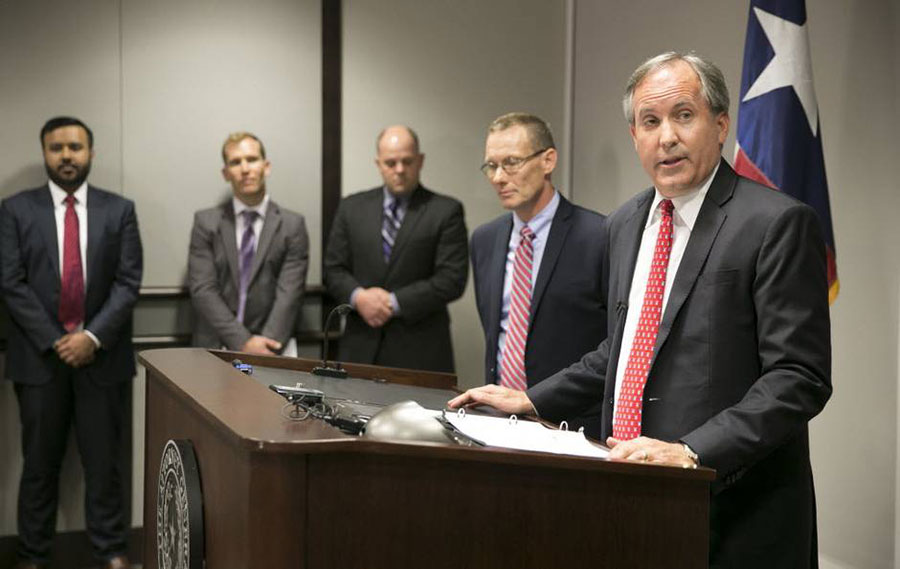Texas federal judge blocked the administrative order that commissioned public schools to allow transgender students to use the bathroom in line with their sexual identity.
It was U.S. District Judge Reed O’Connor who went ahead and signed a temporary injunction for the national law, arguing that gender is determined during pregnancy by a person’s anatomy. Judge O’Connor explained that his actions are not trying to undermine the rights of transgender students, but to clarify ambiguities that, according to him, the law doesn’t address correctly. The federal law defines sex as “the biological and anatomical differences between male and female students as determined at their birth,” which was deemed unclear or inexact by Judge O’Connor and to be contradictory with existing legislation.

Allowing transgender kids to use their bathroom of choice
At least 1.4 million Americans consider themselves as transgender as of June 2016, which corresponds to double the amount of what was surveyed in 2006. The number of transgender students that would be affected by the judicial decision remains unclear, as there are not sufficient demographic studies concerning the sexual identity of students.
Judge O’Connor’s ruling has become the second official objection to the Obama administration’s guidelines for permitting transgender individuals to use the bathroom of their choice, the first being a Supreme Court ruling that permitted a Virginia school to block a transgender male from using the male restroom.
Texas Attorney General Ken Paxton supported the decision, claiming that the Obama administration has incurred in an “illegal federal overreach.” Paxton has been previously arrested on charges of security fraud, subsequently being submitted to civil enforcement. Ken Paxton has been an outspoken opponent to the Democratic administration of Barack Obama.
While dozens of school districts are set to resume activities on Monday, the decision has reheated the debate on transgender bathroom policies, as Utah’s Attorney General Sean Reyes praised the ruling. Utah is one of the 12 states that have openly resisted the federal government’s guidelines on this matter.
O’Connor’s ruling was met with disappointment in the Justice Department. Spokeswoman Dena Iverson commented that they were looking into the matter to find a middle ground for bringing the opposing states to compliance. Although judges may choose to oppose the federal ruling, transgender students can respond by filing lawsuits against schools that do not comply with the guideline, which has a nationwide spectrum.
What the Texan judge tried to accomplish is to restate the fact that non-complying school districts should not be prosecuted for not submitting to the transgender bathroom guidelines, while also not being held in discrepancy with the federal government. As it seems, schools can decide whether to allow transgender students to use the bathroom of their choice or not, but schools that don’t allow so should not be punished for resisting.

The fight for transgender rights is just starting
The debate has already been opened and breakthroughs were possible in 2015 when same-sex marriage was legalized in the whole country. But transgender and gay rights are still a long way to go before being openly addressed, discussed, and accepted in every state jurisdiction.
Employers and school districts are now recognizing the right of transgender people to use the bathroom that corresponds to their gender identity. It has been recognized by federal law that a student using the bathroom that identified with its sexual identity was vital for its success in school. One case shows a teenage transgender girl wanting to use the girl’s bathroom because other students would treat her differently if she used the other bathroom, which would be seen as a form of discrimination.
Court rulings have stated that denying a student to use the restroom with which he or she identifies with is a sample of unfair treatment when compared to other students.
Experts believe that discrimination is ostensibly reduced when transgender kids are allowed to use the bathroom of their choice, as they will be driven by either self-acceptance and determination or pressure for not being harassed by their classmates, which in turn would be a choice of their own. It is the duty of school districts to provide the ideal conditions for students to develop their social skills, as their juvenile school experience will be fundamental to their interactions with society once they graduate.
It is worth noticing that the new transgender bathroom guidelines do not require a person to have undergone sex reassignment surgery or having a specific physical appearance corresponding to a particular gender identity. Asking about whether the child had sex reassignment surgery is deemed as an invasion of privacy, which could be seen as illegal if the question came from a teacher, thus evolving into a potential lawsuit. Although it may be viewed as a ‘necessary procedure’, a recent survey found out that, out of 6,450 transgender Americans, only 25 percent of females and 5 percent of males had undergone sexual reassignment surgery. This is mainly due to the costs and medical risks.
So far, there has been no evidence suggesting that universal bathrooms and locker rooms leave women more vulnerable to harassment of any kind. In fact, transgender people are often harassed or disrespected when entering a place of public gender-differentiation.
Source: Reuters
